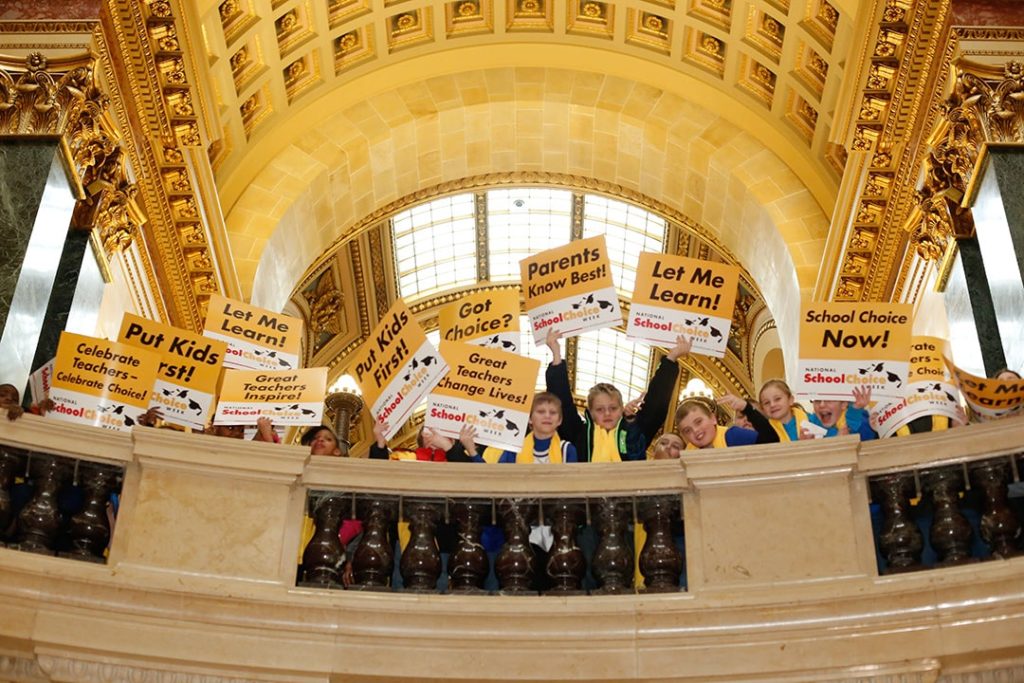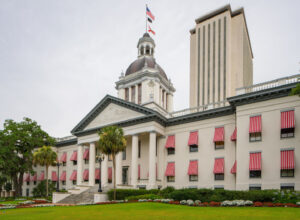Anti-school choice lawsuit in Wisconsin targets scholarships for special needs and low-income students
A group is suing to end four of Wisconsin’s school choice programs, claiming their funding mechanisms are unconstitutional and designed to cripple traditional public schools.
The lawsuit is…

A group is suing to end four of Wisconsin’s school choice programs, claiming their funding mechanisms are unconstitutional and designed to cripple traditional public schools.
The lawsuit is backed by Minocqua Brewing Company SuperPAC political action committee, whose goal is to remove Republican government officials who spread “election lies” and “downplay the seriousness of Covid 19.”
The suit claims school choice is a “cancer” that is “quite literally draining some school districts’ entire pool of money allocated from the state for public education down to zero, and then shipping that money to private schools throughout the state.”
The group also alleges caps on local education taxes are “unconscionable” and “unconstitutional.”
However, conservative groups have lambasted the suit, even calling its legal arguments “nonsense.”
“‘Facts’ in their complaint are incomplete, misleading, misinformed, and their legal arguments border on nonsense,” said Rick Esenberg, president and general counsel at The Wisconsin Institute for Law & Liberty. “The arguments that it makes would call into question Wisconsin’s entire education system, throwing us all into chaos.”
The lawsuit is targeting four school choice programs: the Milwaukee Parental Choice Program, the Wisconsin Parental Choice Program, the Special Needs Scholarship Program, and the Independent Charter School Program.
The school choice programs serve a combined total of nearly 50,000 students – all of which are either low-income or special needs.
Additionally, Wisconsin has 35 independent charter schools – which are distinct from public charters. Overall, the state’s charter schools serve more than 50,000 students.
The Milwaukee Parental Choice Program was launched in 1990, making it the first modern school choice program in America. It grew from 340 students in its first year to nearly 30,000 students in 2023.
“School choice is growing because it works. All parents deserve the right to find the best education for their children,” said Nicholas Kelly, president of School Choice Wisconsin. “Efforts to kill school choice will hurt thousands of low-income families throughout the state.
“In Milwaukee and Racine, where four out of five choice students are black and Hispanic, this would fall most heavily on families desperate for educational options.”
The plaintiffs requested the case be taken up directly by the Wisconsin Supreme Court, which would bypass the lower courts. However, the Wisconsin Supreme Court has not yet agreed to take it.
The case centers around the funding mechanisms for school choice, and the plaintiffs claim public education is being starved of funding – despite the fact that the state legislature recently approved an additional $1 billion toward K-12 education. Democrat Gov. Tony Evers requested $2.6 billion.
The state already spends more than $16,000 per student – far more than the school choice programs.
Both parental choice programs cost roughly $8,500 per pupil, just more than half of public-school funding. The special-needs scholarship is just short of $13,000.



